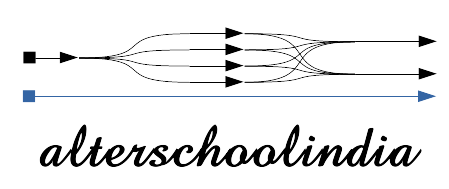A Khap is a community organisation representing a clan or a group of related clans. They are found mostly in northern India, particularly among the Jat people of Western Uttar Pradesh and Haryana, although historically the term has also been used among other communities. A Khap Panchayat is an assembly of Khap elders, and a Sarv Khap is an assembly of many Khap Panchayats like Dahiya Khap.
Khaps are not affiliated with the formally elected government bodies and is instead concerned with the affairs of the Khap it represents. It is not affiliated with the democratically elected local assemblies that are also termed Panchayat. A Khap Panchayat has no official government recognition or authority, but can exert significant social influence within the community it represents.
The Khap Panchayats frequently make pronouncements on social issues, such as abortion, alcohol abuse, dowry, and to promote education, specially among girls. In October 2012, one Khap Panchayat leader in Haryana blamed the eating of chow mein, a non-traditional food, for the rise in rape in India, while another suggested that the age of marriage should be dropped from 18 to 16 because being married would make young women less susceptible to rape.
The largest Khap in Haryana is the Satrol Khap, which allowed inter-caste marriage in 2014, providing the marriage is not within the same gotra, village, or neighbouring villages.
A 2015 Sarv Khap meeting launched a "Save daughters, educate daughter" movement.
The decisions of the patriarchal Khap Panchayats have often been associated with the practice of honour killing.
- extracted from Khap, Wikipedia as on 10th September, 2018


 Got any questions?
Got any questions?